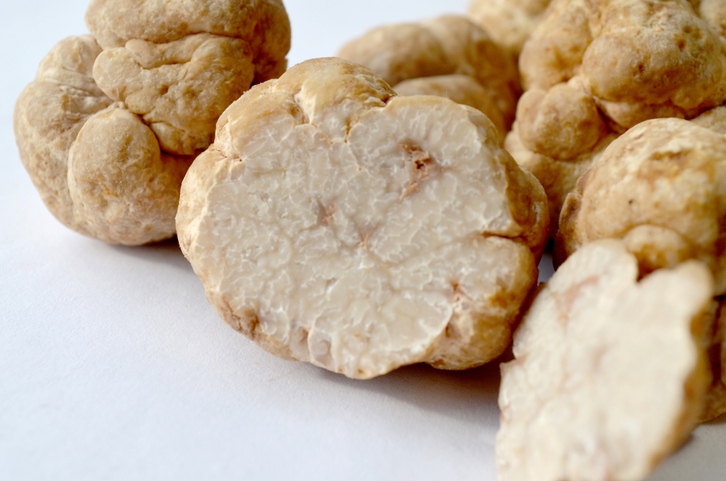Introduction
Have you ever wondered what luxuries lie on the plates of the wealthiest? What makes certain foods command eye-watering prices, and why do connoisseurs willingly pay them? This journey into the realm of the rarest and most expensive foods in the world unveils the mystery behind their value, origins, and the reasons behind their hefty price tags.
Why Are Some Foods So Expensive?
The reasons behind the high costs of certain foods can be as varied as the foods themselves. From the meticulous care and time required to produce them, to their rarity and the demand among the world’s elite, these factors combine to create prices that can be staggering.
The List of Rarest and Most Expensive Foods
Saffron
Origins and Cultivation
Derived from the crocus flower, saffron needs specific climatic conditions to thrive. It’s labor-intensive to harvest, contributing to its status as the most expensive spice by weight.
Why Is It So Expensive?
Each saffron flower produces only a few stigmas, requiring thousands of flowers for just a pound of saffron. The labor-intensive process of handpicking the stigmas adds to its cost.
Almas Caviar
The Rarity of Almas Caviar
Sourced from ancient sturgeon species, Almas caviar is prized for its unique color and taste. It’s primarily found in the Caspian Sea, adding to its exclusivity.
The Price Tag
Packaged in 24-karat gold tins, Almas caviar’s price can soar into the tens of thousands for a kilogram, reflecting its scarcity and the luxury it symbolizes.
White Truffles
The Hunt for White Truffles
These elusive fungi are foraged in specific regions of Italy and Croatia, with pigs or dogs trained to sniff them out. Their unpredictability and short season heighten their desirability.
Pricing Dynamics
The price of white truffles fluctuates based on availability and quality, often reaching thousands of dollars per pound.
Wagyu Beef
What Makes Wagyu Beef Unique
This Japanese beef is renowned for its intense marbling and flavor. Wagyu cattle are raised with special diets and care, ensuring a premium product.
The Cost of Luxury
Wagyu beef can command prices upwards of $200 per pound, depending on the grade and origin, making it one of the most expensive meats in the world.
Factors Influencing the Cost of Expensive Foods
Scarcity
The limited availability of these foods drives up demand and prices.
Labor-Intensive Production Processes
The meticulous attention and manual labor required for production add significant value.
The Role of Location
Geographical exclusivity and the conditions required for cultivation or production contribute to the rarity and expense.
The Impact of These Foods on Global Cuisine
Culinary Exclusivity
These ingredients are often reserved for high-end restaurants and elite culinary experiences, enhancing their allure.
The Ethical Considerations
The high cost and exclusivity of these foods raise questions about sustainability and ethical consumption, sparking debate among food enthusiasts and critics alike.
Conclusion
The allure of the world’s rarest and most expensive foods lies not just in their flavors but in the stories of tradition, labor, and scarcity behind them. As we indulge in or merely admire these culinary treasures, it’s essential to consider their impact on our world and the balance between luxury and sustainability.
FAQs
- What is the most expensive food in the world?
- Almas caviar is often cited as one of the most expensive, with prices reaching tens of thousands of dollars per kilogram.
- Why is saffron so costly?
- Saffron’s high price is due to the labor-intensive process of harvesting the stigmas by hand and the large number of flowers needed to produce a small amount of spice.
- Can you buy real Wagyu beef outside of Japan?
- Yes, Wagyu beef is available outside of Japan, but authentic Japanese Wagyu is still considered the most premium and can be more expensive.
- Are white truffles worth the price?
- For many chefs and food enthusiasts, the unique flavor and aroma of white truffles justify the high cost, especially when used in gourmet dishes.
- How can consumers ensure they are buying ethical luxury foods?
- Consumers should research and buy from reputable sources that prioritize sustainable and ethical production practices, ensuring the luxury foods they enjoy do not come at an unjust cost to the environment or society.

